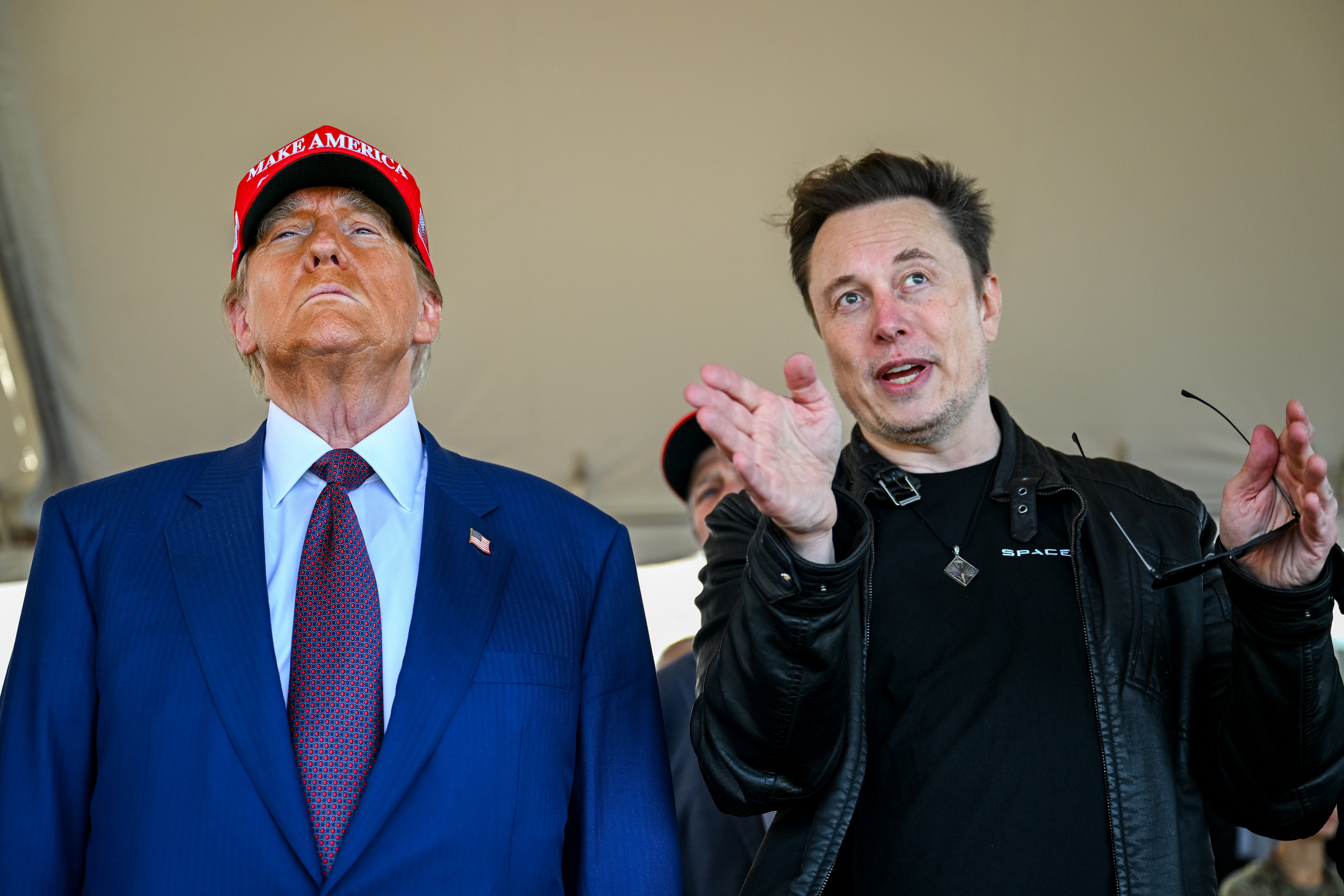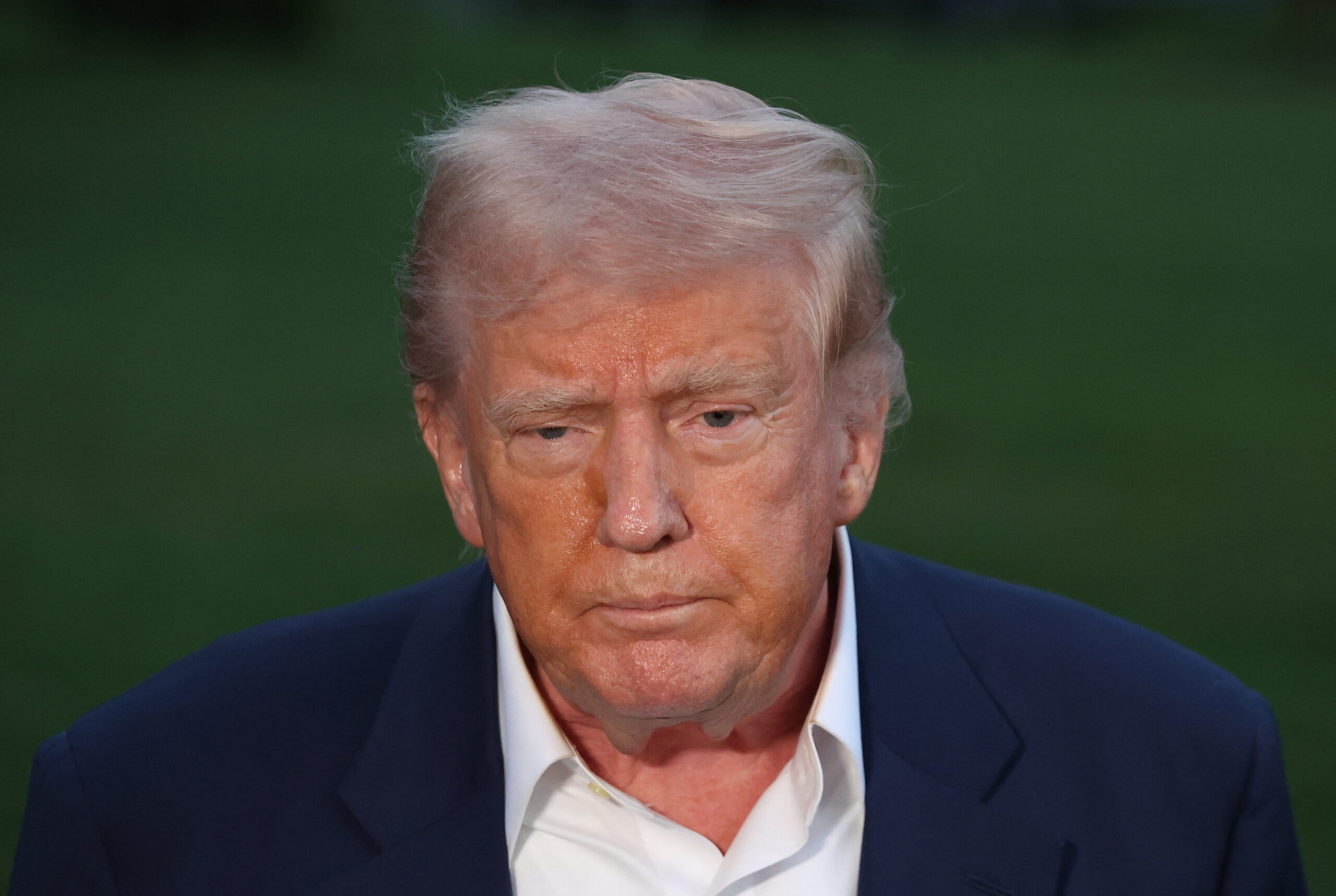
As Donald Trump begins his second term as president and the leader of a remade Republican Party, it’s become common to refer to him and the “America First” movement as “populist.” And yet something about the spectacle of Trump’s election victory and the new Republican administration remains irreducible to the established notion of populism. To understand Trump’s return, we must rethink this classification.
It is worthwhile to first define what is meant by “populism.” “Populist reason,” as political philosopher Ernesto Laclau called it, warps political discourse. Not only does it draw excessively oversimplified distinctions in the body politic, but it additionally offers false solutions: a plurality of social demands directed towards a singular cause. Populism ignores very real and differentiated social problems and cuts across them with a fictive target, a target that simultaneously satisfies all, and none, of these problems. In post-WWI Germany, for example, the general destabilization of economic and political structures found such an “empty signifier”—as Laclau calls it—in the Jews.
It is true that Trump has in the past deployed similar methods, including a sweeping condemnation of immigrants as the supposed cause of unrest in the U.S. body politic. Something has nevertheless shifted between the Trump of 2016 and the Trump of 2024-25. “America First” no longer implies U.S. nationalism and an exclusionist policy towards global markets and geopolitics. Today it has an imperial tone: America First implies American domination, a certain subjugation of the rest of the world to Trump and his tech-billionaire team. Trump’s politics function today not by providing populist solutions to social demands, but by reconstructing these demands according to pre-existing solutions.
The perplexing question of Greenland illustrates the inversion of populism that Trump represents. With his threat to take over Greenland from Denmark by “military force,” Trump appears to be slowly replacing his former exclusionism with a revived imperialism. Yet this imperialism directly contradicts the demands of the body politic he initially captured in 2016. The appeal to domestic policy—to placing American jobs first and to ending the long-standing foreign interference which characterized the prior decades—was in 2016 intended as Trump’s solution to a set of existing social demands by the American voter body: demands to have their own well-being protected and to shift government responsibility towards domestic rather than foreign interests.
Today, Trump has reconstructed the very demands that he claims to be satisfying. There is nothing exclusionist about annexing Greenland—in 2025, Trump contradicts his 2016 populist logic, and yet appears all the more popular in consequence. He is supported not for his exclusionist policies, but by his chauvinistic imperialism (Greenland and the Panama Canal being the principal symptoms). His voter base has become concerned with topics that would not have featured for the 2016 Trump voter—all because Trump’s privately oriented solutions have the effect of creating their own public demand.

Brandon Bell/Getty Images
As the Greenland spectacle was making headlines, Elon Musk only strengthened this paradox. Dismissing any concerns for Greenland’s national identity, Musk stated in a post on X that Greenlanders are “most welcome” to become American. This “becoming American” is an invitation for Greenland citizens, not to migrate to America, but to universally welcome a U.S. takeover of their home. This freedom to become American is nothing but the freedom of forced choice. Not only can Greenland be annexed, Musk asserts, but the public should want it, and welcome U.S. hostility.
This creation of demands for which Trump subsequently offers a “solution” is a defining element of the new Republican Party. Greenland, Canada (which Trump stated does not, unlike Greenland, require a military takeover, but only a takeover by “economic force”), the teaching of LGBT rights in school, tariffs, Milei-like free capitalist markets—all of these obsessive reference points for the Republican administration have set new coordinates for the demands and worries of the U.S. citizen. “Should the U.S. strengthen its trading position with tariff threats?” “Will my child be turned homosexual if they are not homeschooled?” “Are NATO or Denmark hindering U.S. economic growth?” These are categories imposed from the top down, not the empty “solutions” of populism. In a denigrating reversal of populism, Trump seems to be instructing the American populace of what they themselves should want.
Trump’s climate change denial is another constituent of this logic. It is widely agreed that the climate crisis will lead to economic catastrophe for populations around the world, including in the U.S. Yet the climate question is at odds with private financial interests and international fossil fuel corporations which drive Trump’s politics. The great task of the new Republicans is therefore to situate public demands into a set of coordinates into which ecology does not figure, or for which it cannot be an apparent source of solutions. Trump described the Paris Agreement as a “bad deal” (when is facing up to artificial climate destruction ever meant to constitute a good deal?), and received extensive support for leaving the Paris Agreement on his first day in office. Once again, Trump did not appeal to ecological concerns by a false (populist) solution, but rather ensured that these concerns themselves would be exchanged for something beneficial to his own interests.
Those who still try to account for Trump’s return by an appeal to the category of populism are therefore missing a crucial point. The new administration deploys a logic which we cannot merely label as populist: one which does not furnish false solutions from an irreconcilable plurality of demands, but rather reconstructs demands in accordance with self-serving solutions that have no real social origins. Solutions, in other words, with no original demand—this is what the new Republicans offer. In 2016, Trump could indeed have been categorized as a populist, but this is no longer the case. Understanding Trump’s politics means understanding that they are qualitatively different from, and irreducible to, the widely used notion of populism.
Rafael Holmberg is a political writer and researcher on philosophy and psychoanalytic theory.
The views expressed in this article are the writer’s own.





